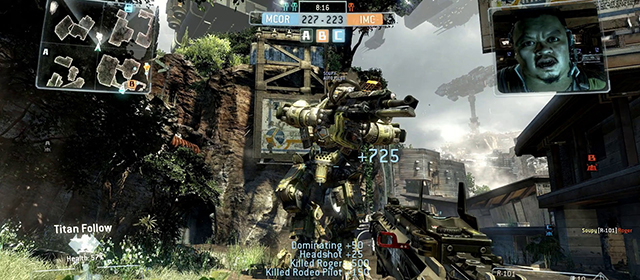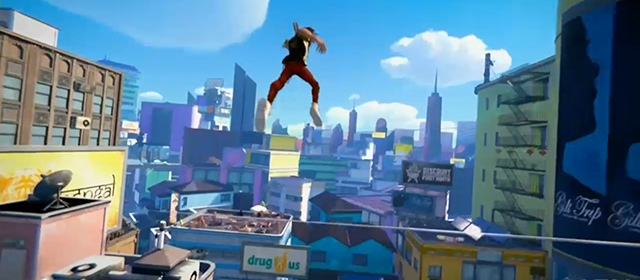Opinion: Xbox One’s DRM U-Turn – A Consumer Victory That Only Delays The Inevitable
Following Microsoft’s unprecedented DRM U-turn last night, the gaming world suddenly seems a much better place than it was only a few weeks ago.
It was undoubtedly a huge win for gamers, who voiced their disapproval and won a crucial battle for their consumer rights. However, without inferring that the battle forms part of a war, it’s hard to imagine that Microsoft will let their vision for the future die completely.
Of course this 180 stems mainly from Sony’s decision to support used games with the PlayStation 4 and not require an internet connection – a decision that won over gamers at last week’s E3. That was a business decision, and this is a business decision. They may both have stemmed from public outcry but these are always decisions made to ultimately benefit those who make them.
Even if Microsoft had kept these controversial policies, the console war was far from over. They would have thrown money at the problem and made enough deals (those subsidised console rumours are still a big possibility) to ensure the Xbox One’s success even if the PS4 was the bigger seller.
Despite this, Microsoft clearly made the right decision, but they will still be looking towards the future and the kind of market that will allow them to bring back some of these policies. These include the obviously bad headline-grabbing policies and the ones that have become casualties of their demise.

Microsoft were angling their console towards a future that is further off than they thought – a future in which digital downloads dwarf retail sales. In this more digital world sharing or trading-in games becomes impossible without either cumbersome get-arounds or systems that allow it implemented by the console manufacturers.
This is the future the Xbox One was attempting to conquer early.
The console was to allow families with different LIVE accounts to share games on a single platform and make it so individuals could access their entire game collections through any console via the web – two undoubtedly great features of Microsoft’s next-gen vision.
As great as they were, however, with the Xbox One they came at a price many, justifiably, weren’t willing to pay.
That future still very much exists, and when it comes the industry will have to adapt to allow people to keep the game they buy forever,and also be able to sell them on as their property.

The impending console generation will end with a world more in line with what Microsoft envisaged, but in the past month they have completely botched their bold attempt to plant a flag in this uncharted territory. Their messaging was totally wrong and at odds with every most of the people they were hoping to woo.
Clearly this is all very embarrassing for Microsoft, though time will tell if there has been any damage done to the Xbox brand. Sony still hold the upper hand heading towards the end of the year but Xbox One will definitely sell – probably even better than if old policies remained (and reports are that the Xbox One is now higher up on the pre-order sales list on large online retailers), but of course we’ll never know for sure.
In the months ahead this issue will have subsided, and the console war will be fought on a more level playing field than many believed it would be following Sony’s E3 press conference. This whole mess will be remembered, but it will serve as a warning to everyone in the industry about how to approach the unavoidable and somewhat daunting digital world that is only a few years away.
If nothing else, however, it has been made abundantly clear the power disgruntled gamers wield.





